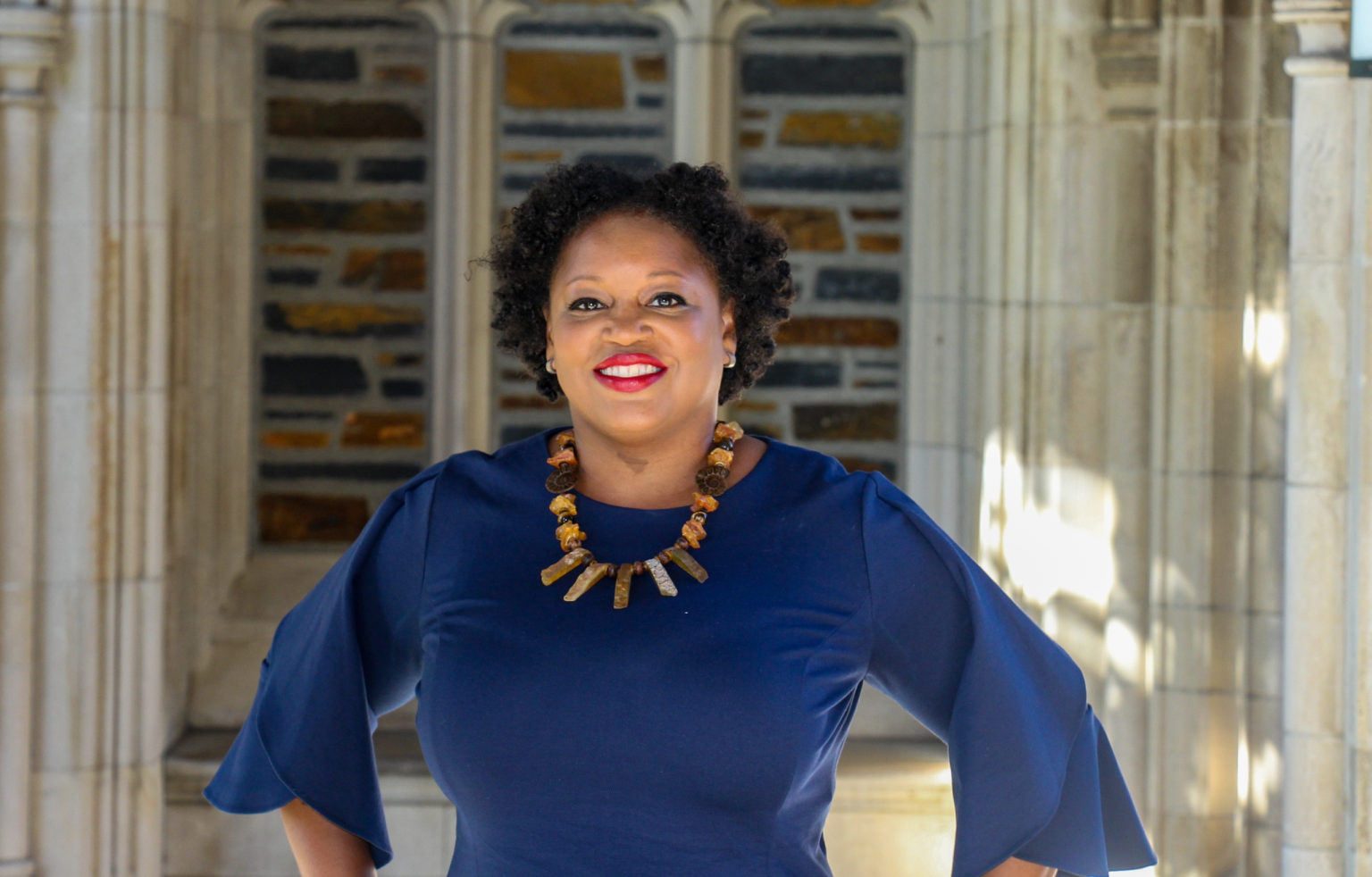By Bernadette Gillis
March 16, 2023
Duke University School of Medicine’s Dean’s Distinguished Research Series continued on March 9 with a focus on social determinants of health and health disparities.
Chris Beyrer, MD, MPH, professor of medicine and director of Duke Global Health Institute, presented on “Social Determinants and HIV: Moving Toward Interventions.”
…
Keisha Bentley-Edwards, PhD,?presented “Are Racial Health Disparities Moving Targets or are They a Feature of Social Drivers of Health?” During her presentation, she shared the primary motivation of her research: What needs to happen for Black people to lead healthy and full lives from the prenatal period to old-old age??She noted she used the term “old-old age” to reflect her dissatisfaction with the current life expectancy of Black people.
Bentley-Edwards is an assistant professor of general internal medicine; associate director of research for the Samuel DuBois Cook Center on Social Equity; and co-director of both the CTSI Equity in Research and the Duke Clinical and Translational Science Award Integrating Special Populations cores at the Duke Clinical & Translational Science Institute.
She encouraged researchers to think of social determinants of health not only from a negative perspective, but to also consider how they can positively inform health.
In her research, Bentley-Edwards has examined racism stress and coping. She looked at how different groups, including Black families and white families, respond to racism. She found that conversations about race happen more directly in Black families. Conversations happen more implicitly in white families.
In her work, Bentley-Edwards has created a measure of racial cohesion and dissonance to assess the level of agency that Black Americans have to connect with other Black people and fight racial injustice.
Bentley-Edwards shared that in her work she has begun to rethink and reframe the concept of resilience. There is an assumption that resilience is a natural response to adversity. However, Bentley-Edwards said there are problems in the way it is often measured and studied. It is often misapplied as the achievement of positive adaptation because of major assaults on the developmental process. There can be a focus on changing individuals but not their circumstances. The cost of resilience can be high, as evidenced by a study that showed higher allostatic load indicators and greater likelihood of type-II diabetes for resilient African American young adults.
This work has led Bentley-Edwards to shift her approach from not only focusing on individual outcomes but to also work toward understanding institutions and missed opportunities. That includes addressing policies, systems, and social norms that allow outsized adversity.
She issued a call to action, reminding the audience that everyone has a part to play in the fight for racial equity.

